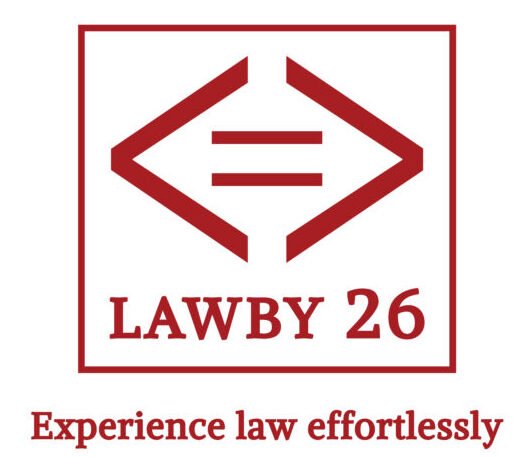We all know that dishonour of cheques is a criminal offence as given under Section 138 of the Negotiable Instrument Act of 1881. Section 138 of the NI Act states that “where any cheque drawn by a person on an account maintained by him with a banker for payment of any amount of money to another person from out of that account for the discharge, in whole or in part, of any debt or other liability, is returned by the bank unpaid, either because of the amount of money standing to the credit of that account is insufficient to honour the cheque or that it exceeds the amount arranged to be paid from that account by an agreement made with that bank, such person shall be deemed to have committed an offence and shall, without prejudice to any other provisions of this Act, be punished with imprisonment for a term which may be extended to two years, or with fine which may extend to twice the amount of the cheque, or with both”. But have we wondered about scenarios where the cheque drawer can escape this? The Allahabad High Court, in Archana Singh Gautam v. State of UP & Anr. [2024:AHC:102434], it was ruled that any dishonoured cheque from banks that have gone through a merger cannot be held liable under Section 138 of the Negotiable Instruments Act. Therefore, there will not be any criminal proceedings against the drawer. In this case, any invalid cheque issued to the Allahabad Bank after merging into the Indian Bank will not attract any criminal charges. It is also vital to mention Section 118(b), which says that the cheque should be duly drawn on the mentioned date, even if it may be post-dated. The Court duly stated that this reasoning applies not only to the Allahabad Bank but also to all the banks of a similar nature that have merged with other banks.
Done By: Anoushka Samyuktha, B.A LL.B (Hons), LLM (Criminal Law), Junior Legal Consultant
For Origin Law Labs



